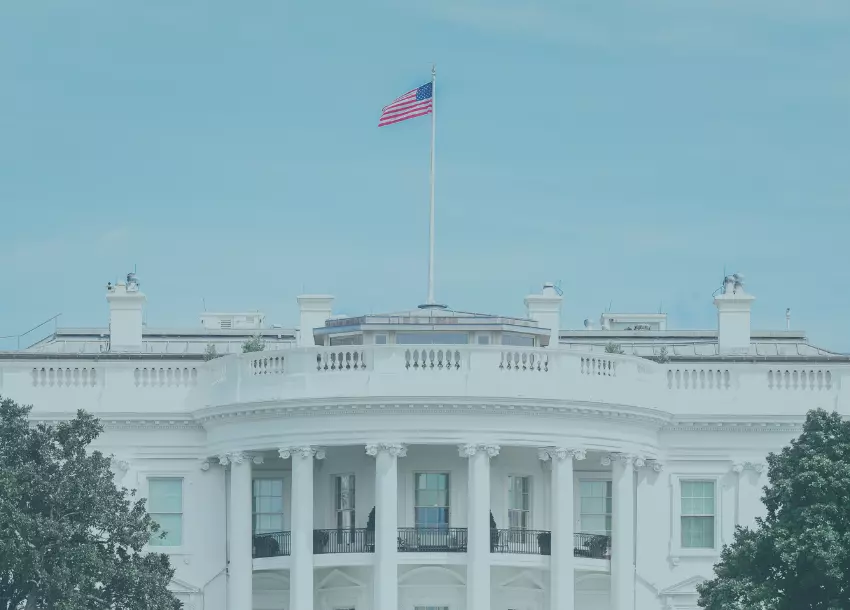A Spoonful of Sugar Helps the Medicine Go Down: EEOC Provides Much Anticipated Guidance Regarding Employee Vaccination Mandates and Incentives
On May 28, 2021, the Equal Employment Opportunity Commission (EEOC) issued long-awaited updated guidance regarding employers’ ability to mandate and incentivize employee vaccination for COVID-19 under federal equal employment opportunity (EEO) laws. Adding information to existing Q&A guidance, and coordinating with the newly updated guidance from the Centers for Disease Control and Prevention (CDC), the EEOC update provides some clarity on previously vague agency positions. Importantly, the new guidance explicitly states that 1) employers can mandate vaccines without violating federal EEO laws, and 2) employers may provide incentives to employees who receive COVID-19 vaccinations.
Mandating Vaccinations
Previous EEOC guidance discussed mandatory vaccinations but did not explicitly state that employers could require vaccines without violating EEO laws. The updated guidance clearly states that employers can mandate vaccines for employees entering the workplace as long as they provide reasonable accommodations for qualified individuals with disabilities as required by the Americans with Disabilities Act (ADA) and religious accommodations as required by Title VII.
Employers who require employees to receive vaccinations provided by the employer must also show that the pre-vaccination screening questions are job related and consistent with business necessity. This standard requires the employer to have a reasonable belief that not answering the questions (and therefore not being vaccinated) creates a direct threat to the employee’s own health or safety or the health or safety of others in the workplace. Employers can avoid this requirement by offering vaccinations at work on a voluntary basis, so that answering the questions from the employer or its agent is voluntary as well.
Regardless of where an employee is vaccinated, information about vaccination status is confidential medical information under the ADA, so it must be stored separately from employees’ general personnel files.
Vaccination Incentive Programs
The updated EEOC guidance distinguishes between requiring proof of vaccinations that employees receive at third-party locations on the one hand and requiring vaccinations provided by employers themselves (or their agents) on the other. Employers may offer more significant incentives for employees to receive vaccinations from third-party providers and to provide proof of those vaccinations, but incentives to receive vaccinations directly from an employer or an agent of an employer must not be so significant as to be “coercive.”
The EEOC justifies this distinction because of medical information that might be required to be divulged by the person receiving a vaccination to the person administering the vaccinations. If the person administering the vaccination is an agent or employee of the employer, they could be receiving protected medical information. In other words, if an incentive coerces employees to divulge protected medical information to the employer because the incentives are too substantial, the coercion would violate the ADA. Again, any medical information obtained in connection to the vaccination process or vaccination status must be protected as confidential and maintained securely by the employer, separate from the employee’s regular personnel file.
The new guidance also notes that employers can provide vaccinations to employees’ family members on a voluntary basis, but cannot provide incentives for family members to become vaccinated—either directly to the family member or indirectly through the employee.
The EEOC did not specifically address any other incentive programs in its new guidance, or discuss how the guidance, relating to the incentive programs, would affect any other protected groups under Title VII. The guidance emphasizes that employers can encourage vaccinations by providing information as to the availability of vaccines as well as pointing the employees toward further information provided by different governmental agencies regarding COVID-19 and available vaccines.
Key Takeaways
While the new guidance provides some much-needed clarity about the EEOC’s position on mandates and incentives, the decision whether to mandate or incentivize employee vaccination is bigger and more complicated than mere compliance with federal EEO law. State and local laws may also be implicated by these programs, and the EEOC guidance further notes that all available vaccinations in the United States are still subject to Emergency Use Authorization (EUA) by the Food and Drug Administration (FDA). The EEOC does not express an opinion on the effects of EUA on mandates or incentives.
Employers must now weigh whether they want to mandate or provide incentives for vaccinations, which remains a controversial topic with many employees. Employers who choose to mandate vaccinations or provide incentives should carefully structure their policies to be compliant with the new guidance and should plan proactively to address requests for accommodation through the individualized interactive process required by the ADA. Employers should also consider and plan for objections from employees based on philosophical or political positions that could impact workforce morale. The benefits and challenges of requiring or incentivizing vaccinations will vary widely by industry, workforce, and even geographic location, as some parts of the country have much higher rates of vaccinations than others do.
These considerations, among many others, will be crucial in determining how each employer develops appropriate COVID-19 vaccination policies. As always, you should consult legal experts before making determinations as to your company’s policies. This is especially prudent given that the EEOC makes clear that each vaccination policy should, and will be, considered on a case-by-case basis and in light of each individual employee’s needs.
If you would like additional information on this or any related matters, please contact the Nexsen Pruet Employment & Labor Law group.
About Maynard Nexsen
Maynard Nexsen is a full-service law firm of 600+ attorneys in 31 locations from coast to coast across the United States. Maynard Nexsen formed in 2023 when two successful, client-centered firms combined to form a powerful national team. Maynard Nexsen’s list of clients spans a wide range of industry sectors and includes both public and private companies.








